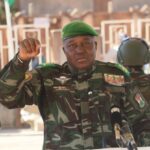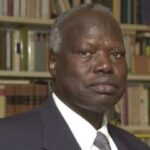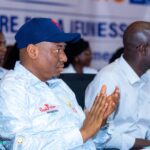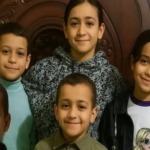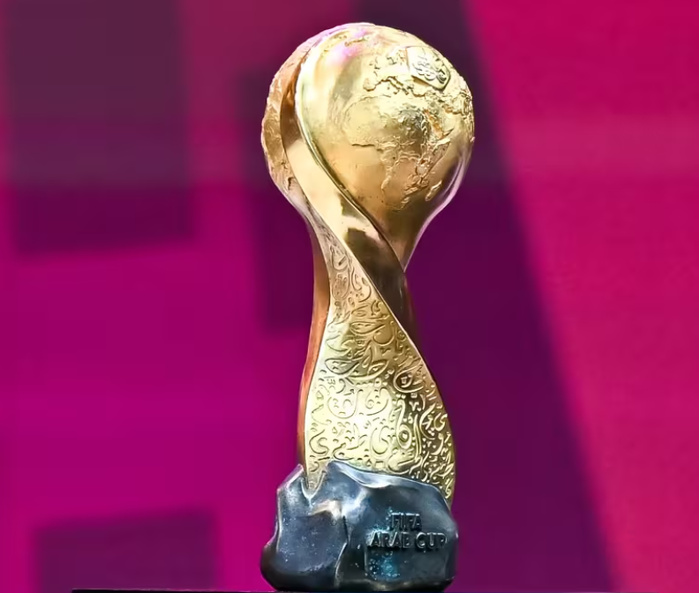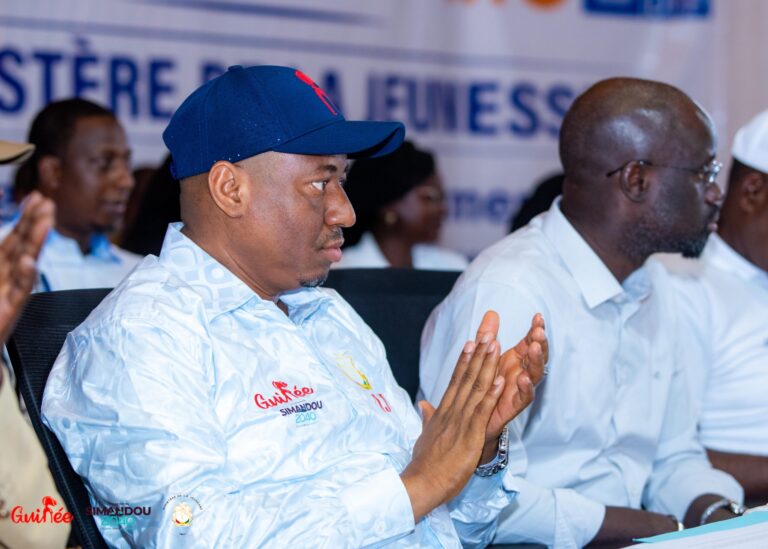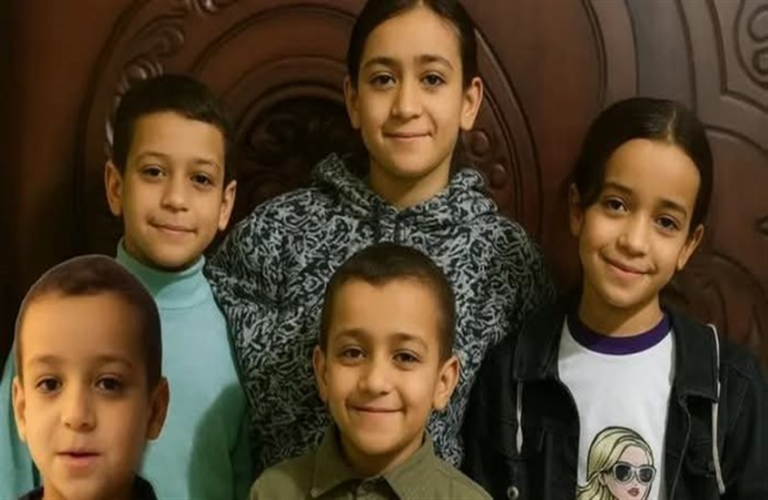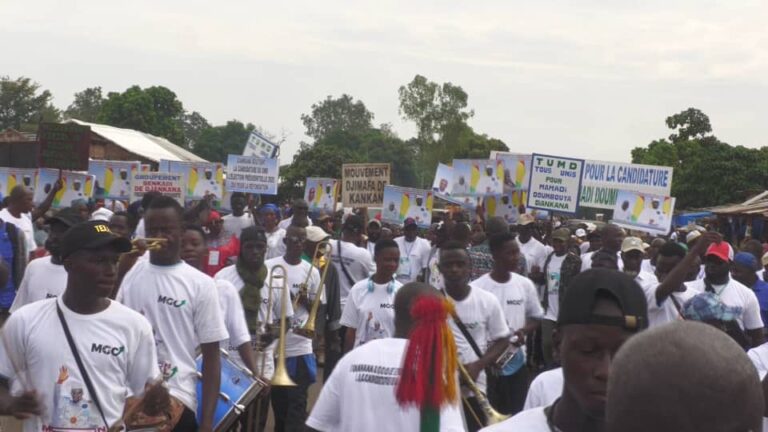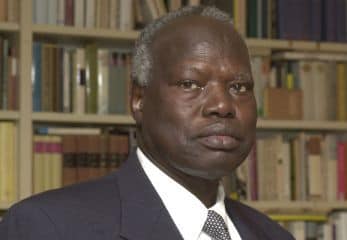
Late Bona Malual | Courtesy
While at the home of Hon. Joshua Dau Diu some weeks before the death of Sayed/Bona, I enquired about the condition of the late. Joshua informed me that Sayed/Bona wasn’t well. He urged me to visit him. I thought I would take my time, but in the morning of Monday, October 3rd, 2025, a local radio called Eye Radio announced that Bona Malwal died. I was shocked. Then I called Hon. Joshua to pay my condolences. He blamed me for having not visited the late before his death. Indeed, I feel sorry for having not visited Sayed/Bona before his death.
Since 1989 he resided in the United Kingdom (UK) and lived in Oxford as a scholar and researcher. After secession, he used to visit South Sudan from time to time. The last time I met him was several years ago. I met him at the National Legislative Assembly. He was in the company of Dr Francis Mading Deng. He embraced me and shook my hand warmly. He congratulated me on my article I had published in which I advised Hon. Awut Deng Achuil to file a case of defamation against someone who had made certain allegations against her. I think what he might have liked in that article was my assertion that journalism is a noble profession of which journalists should write responsibly.
Metaphorically, I resemble Sayed/Bona with Anyaar (the Buffalo). He was a real Anyaar or Thon Anyaar. The human-beings say that Ajuong or Khor (the Lion) is the King of the Forest. Maybe it is because the lion kills other animals and humans for food, thus a terrorist who is alleged to have conquered the Forest, but the Buffalo, like cattle, eats grass for food. Physically, the Anyaar is very strong and resilient. Sayed/Bona was a very valiant person.
Sayed/Bona was among persons who established the Southern Front Party in 1964 when Fariq Ibrahim Abboud was toppled by a popular uprising in October of that year. The political parties were revived. He, Gordon Abyei and Darious Beshir, were in the core of those who formed the party. In the same year Darious Beshir established a newspaper called The Vigilant. Sayed/Bona was the editor. He managed the paper without fear of the Khartoum repressive government. When some civilians and government officials were massacred by the government soldiers in a wedding party. Sayed/ bona was bold enough to publish in the vigilant the names of those who were killed. This was to ridicule the government, which had claimed that the killed were of Anya-nya rebels when they raided the town. The government was angered and he, Darious Beshir and Chan Malual were tried, inter alia, for incitement. That case is now a leading judicial precedent taught in law schools.
In the 1970s, Sayed/ Bona became a national minister in Khartoum for Culture and Information. He administered the Ministry professionally. He established a monthly government magazine called Sudanow. In 1976, the late Sadig al Mahdi organized and trained a group which attacked Khartoum in an attempt to overthrow the Nimeri regime. Khartoum was in disarray. Nimeri and other ministers went for hiding but Sayed/Bona stuck to his office and communicated with the outside world. A real buffalo, though wounded, would not let the enemy have his way, Sadig’s attempted coup failed.
The late Dr Mansour Khalid, who was minister for foreign affairs in the same Nimeri government, testified in one of his books that Sayed/Bona was the only minister in the cabinet meetings, who would say “no” in the face of dictator Nimeri.
In 1989 Brigadier-General Omer al Beshir staged a coup d’état. Luckily, Sayed/ Bona had travelled abroad. Many of us were delighted that he was out of the country, for he had no peace with the Muslim brothers (MBs). The coup was master –minded by the late Dr Hassan al Turabi, the then leader of the MBs.
In 1991 I met him in an academic conference held at the University of Durham (UK). He came from Oxford. When he realized that I was very much excited to have met him, he asked me to withdraw with him during lunch time of the conference, to a nearby hotel for our private lunch so as to review certain political events. During the democratic period before al-Beshir Coup d’état, he had established a daily newspaper called The Sudan Times. He wrote critically against the Northern political parties but wrote pro SPLA editorials and articles. He agreed with me that really God helped him to let the MBs take over power while he was out of the country.
Sayed/Bona was a man who kept bond of friendship and political alliances. When the great politician, Gordon Muortat Meen Maborjok died in Rumbek in 2008, we the relatives and friends in Khartoum had no means to go to Rumbek to attend the burial. But, Sayed/Bona was available. He hired a plane to and fro to take him and us, to Rumbek. President Salva Kiir also went to Rumbek same day from Juba to attend the burial. We the people of Rumbek were (and are) grateful for the honour given to our person by Sayed/Bona and President Kiir.
In Sudan in general and in South Sudan in particular, Sayed/Bona had many friends and political allies. In South Sudan, his close friends in his political life were: Abel Alier, Hilary Paul Logale, Gordon Abyei, Gordon Muortat, Clement Mboro, Lubari Ramba, Gama Hassan, Justin Yac Arop, Isaiah Kulang Mabor Deng, Amborise Riny Thiik, Natale Oluak Akolawin, Peter Gatkuoth and many many others.
Sayed/Bona wrote and published many books. As far as I am aware, the first book is titled: People and Power in the Sudan. Some of his ideas can by described by some people as controversial. I think the reason is that he said and wrote what he thought should be said and written. In that sense he wasn’t a back-biter. In the fading away Jieeng (Dinka) culture, facing issues boldly was the norm. It is evident that he wasn’t a back-biter. He followed those noble Jieeng norms of not talking or complaining behind somebody.
Sayed/Bona, typical of Twic, was a man who paved his way from a junior job to high profile administrative and political positions. Later on in life he went to the United States of America (USA) for further serious academic and advanced training in journalism and economics. It is my observation and conclusion that the Twic people on the West Nile (Bahr al-Ghazal) and on the East Nile (Bor area) are commendably ambitious. For them, the sky is the limit. Others should learn from them.
Sayed/Bona has left behind responsible children. Already one of the children has followed his foot-steps in politics. Professionally he is a career diplomat and, at the time of death, is a Dupty Minister for Foreign Affairs. His name is Akuei. There is something about this Akuei: when I hear him speak, It sounds to me as if it is Sayed/Bona speaking. I hereby advise Akuei to rise higher in politics, He can be contesting elections in the very constituency of his late father.
Beny/Malual Madut, rest in peace (RIP) – Yenakan!
About the Author
Deng Awur Wenyin is an Associate Professor of Law at the University of Juba.
Editor’s Note: The views expressed in the above articles, as published by Eye Radio, are entirely those of the writer. Any claims made are the responsibility of the author, not Eye Radio’s.

